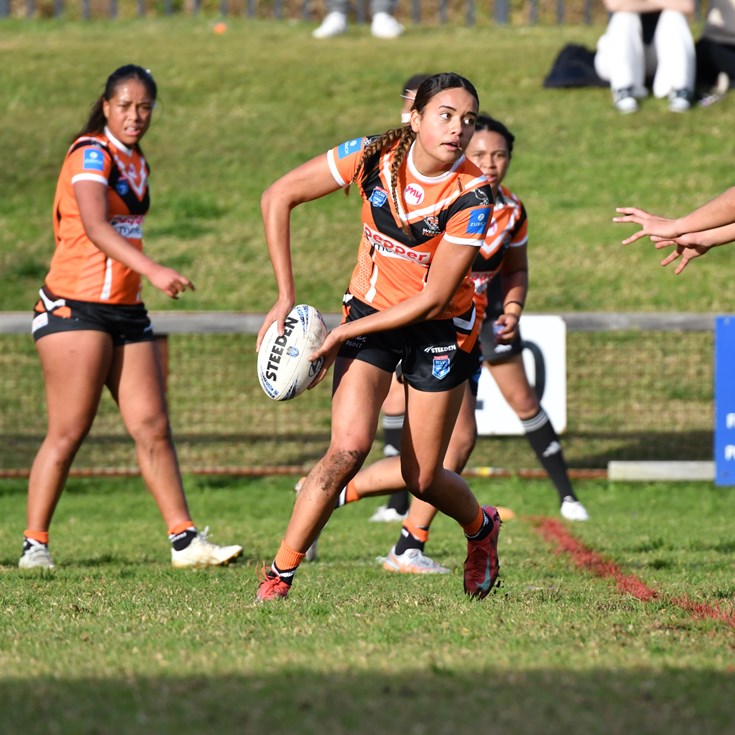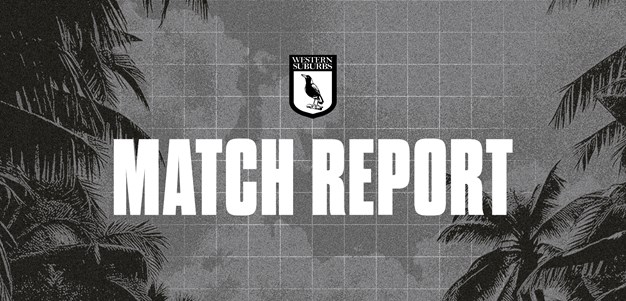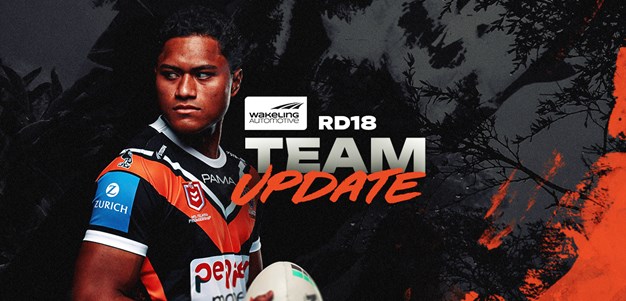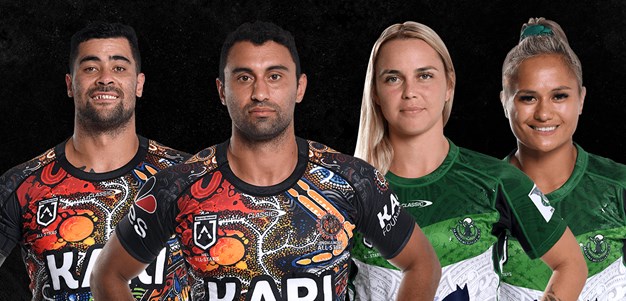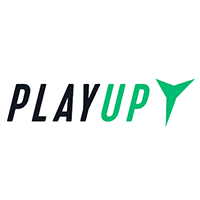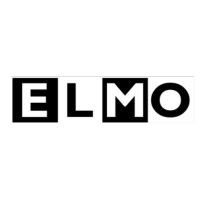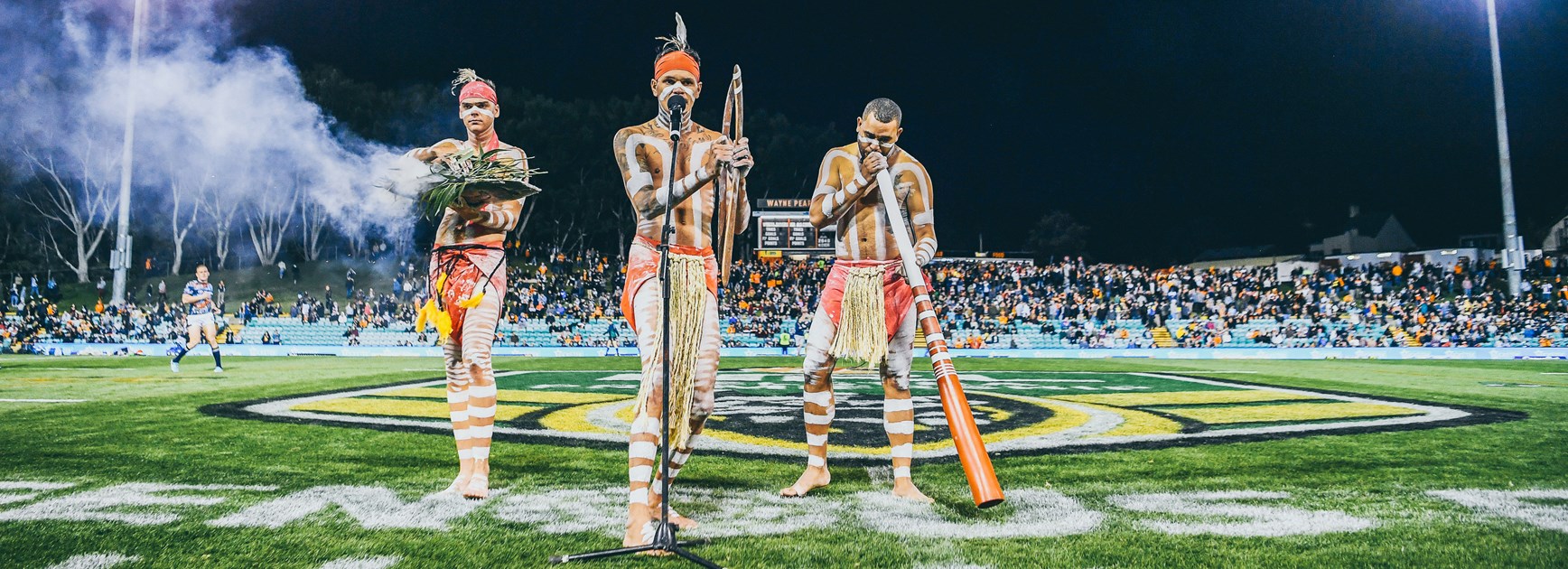
An Under 15s Indigenous side last week adopted the Unity Dance performed by the All Stars team before their final at the Australian Secondary Schools National Championships in Redcliffe.
It was the first time an Indigenous team has been invited to play at the tournament and also the first time another representative side has performed the Unity Dance developed by leading Aboriginal and Torres Strait Island players in 2015.
Both are examples of how the game leads the way in Indigenous issues and has embraced the theme of NAIDOC Week – VOICE. TREATY. TRUTH.
"Listening to those young guys talk after the game about what the Unity Dance meant to them and from the sheer joy on their faces of being part of something that no one else has done, that will be life-changing for them," NRL senior manager Indigenous strategy Mark Deweerd said.
With 12 per cent of NRL players and 19 per cent of those playing at grassroots level identifying as Aboriginal or Torres Strait Islanders, rugby league has a strong influence in Indigenous communities and is proud of the role the game plays.
NRL Uluru Statement from the Heart
The All Stars concept was introduced in 2010 to give Indigenous players the opportunity to represent their culture, Indigenous player camps are held at the start of each season and all 16 NRL clubs design a special jersey to celebrate Indigenous Round.
Off the field, the NRL was the first national sporting organisation to implement a Reconciliation Action Plan in 2008 and last year became the first to develop a RAP at Elevated level.
Significantly, the NRL recently joined 13 other leading organisations to support the Uluru Statement from the Heart, which calls for the establishment of a First Nations voice in the constitution and a Makarrata Commission on agreement-making and truth-telling between Indigenous people and governments.
Leading figures in the game, from ARLC chairman Peter Beattie and commissioners Megan Davis and Wayne Pearce to Indigenous All Stars captains Cody Walker and Tallisha Harden and former players Preston Campbell and Laurie Daley, this week reaffirmed rugby league's backing in a video.
"We have got senior people in the game standing up and saying Aboriginal people deserve a voice and deserve to be heard," Deweerd said.
"You also have influential people in society, such as Stan Grant, who supports what we are doing and is in the video. Hopefully, we can help bring around change, fast-track referendums and make a difference for our community."
Voice
More than 50 of the NRL's staff identify as being of Aboriginal or Torres Strait Island heritage.
Davis - a Cobble-Cobble woman and one of the driving forces behind the Uluru Statement – is one of eight Commissioners and the game has an Indigenous Council and Indigenous Players Advisory Group.
Many of the NRL's biggest stars are Indigenous and the rival captains in the 2015 grand final, North Queensland's Johnathan Thurston and Brisbane's Justin Hodges, were both Indigenous.
"Our Indigenous communities live for rugby league, particularly in NSW and Queensland, so wherever we can use our voice to support such a large part of our rugby league family we have got to do that," Deweerd said.
"The game helps young men to understand what they stand for and provides them with the leadership skills to stand up and be counted, to be heard and to understand that their voice is important but to use that wisely and in a way the benefits our communities and brings about change."
Indigenous Women's All Stars cultural dance
Treaty
It is widely accepted that Indigenous players and communities are an important part of the game.
Rugby league was the first football code to select an Aboriginal player in an Australian team when Lionel Morgan played for the Kangaroos in 1960 – seven years before Aboriginals were declared citizens.
Arthur Beetson's appointment as Australian captain in 1973 was also two years before the Federal Parliament outlawed racial discrimination. Greg Inglis was last year announced as Cameron Smith's successor as Kangaroos captain for the end of season Tests but did not play.
"As a game, we don't get to sit on the fence," Deweerd said. "You have to make a call whether you stand for something or you don't.
"We have got really strong leadership with people like Peter Beattie and [NRL CEO] Todd Greenberg, who have done so much in terms of providing opportunities for our communities and our players."
Truth
The game's Indigenous stars helped educate many about why the lyrics of Advance Australia Fair are offensive to most people of Aboriginal or Torres Strait Island heritage by refusing to sing the national anthem before State of Origin.
The NRL has previously highlighted the issue by organising for the anthem to be sung in the language of the local Indigenous tribe and during the 2017 Indigenous Round an alternative anthem, written by Judith Durham, was performed.
"So many times we have stood up for the rights of Aboriginal people when no one else has or others have been afraid to and just called things out," Deweerd said.
"The game supported the RECGONISE campaign when no one else was and has been the first to sign up to RAPs."
Souths players out to have their voice heard during NAIDOC
The Uluru Statement
On the 50th anniversary of the referendum enabling Aboriginals to be counted among Australia's population, a gathering of 250 Indigenous leaders endorsed the Uluru Statement with a standing ovation.
The Uluru Statement seeks:
- Constitutional reforms to empower our people and take a rightful place in our own country.
- The establishment of a First Nations Voice enshrined in the Constitution.
- A Makarrata Commission to supervise a process of agreement-making between governments and First Nations and truth-telling about our history.
Davis, a constitutional lawyer, was heavily involved in the work that led to the Uluru Statement and gave its first public reading.
"It is something that the community has been calling for since 1938 when Aboriginal people stood up and said we deserve a voice in parliament, we deserve a treaty," Deweerd said.
"For me, it's another step in the game’s journey to bring about social change and a better society for Aboriginal and Torres Strait Islanders by saying we support and believe in what you are asking for."

